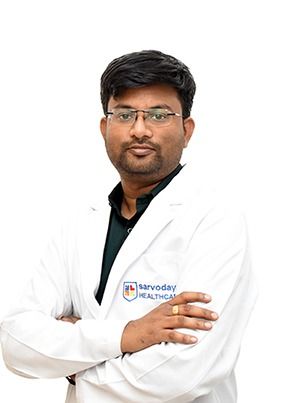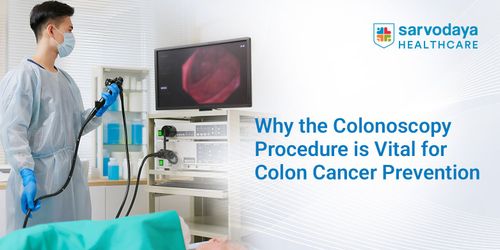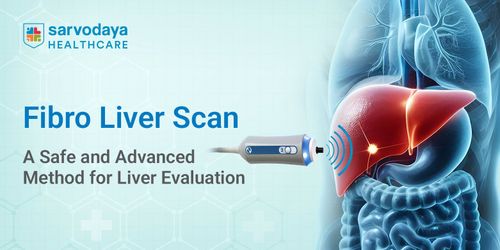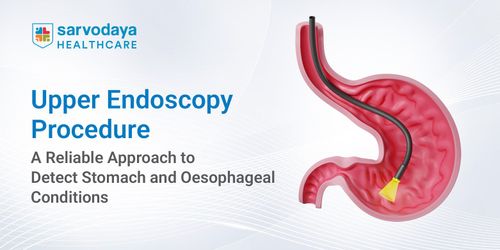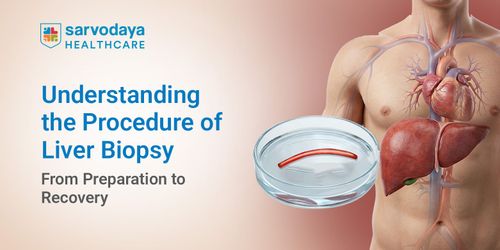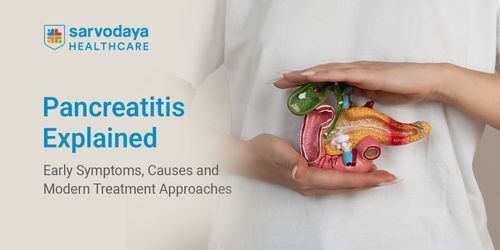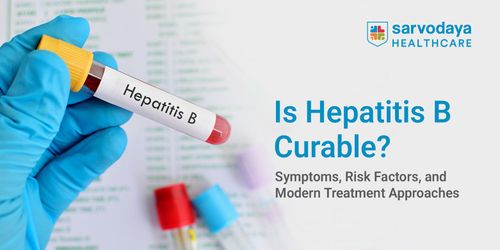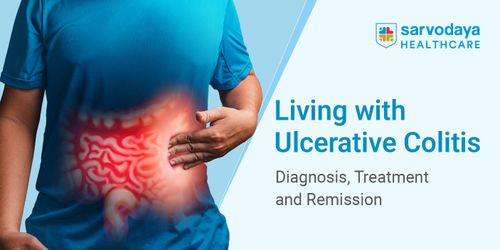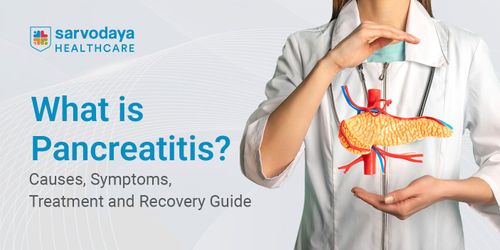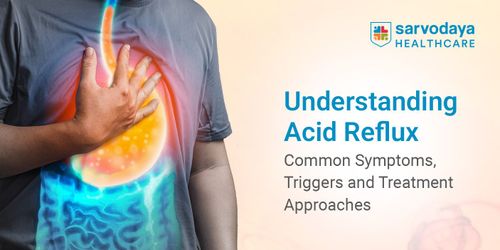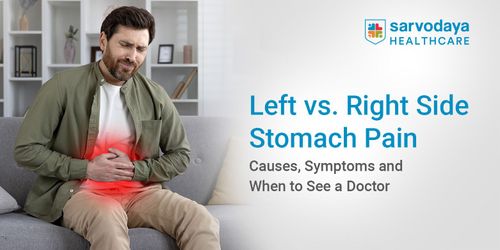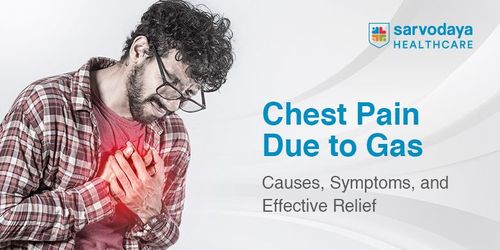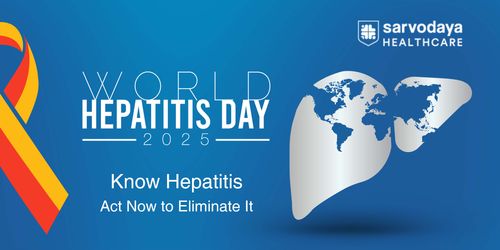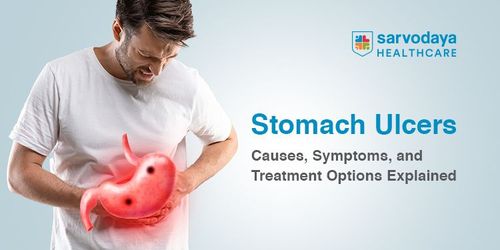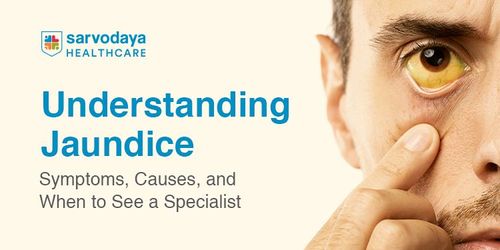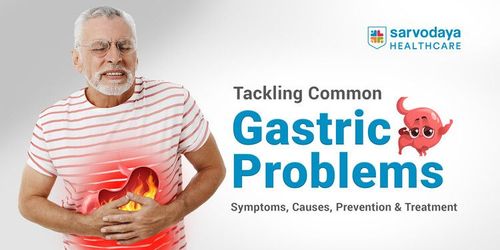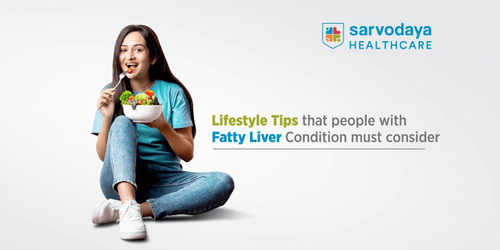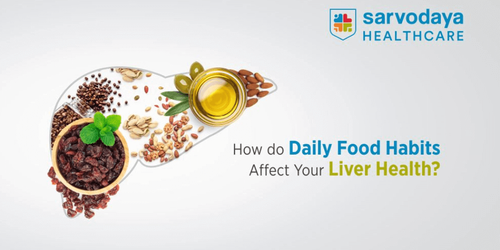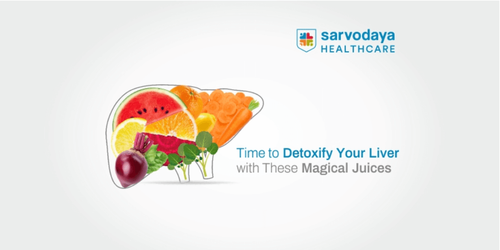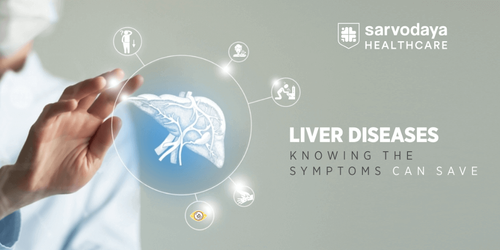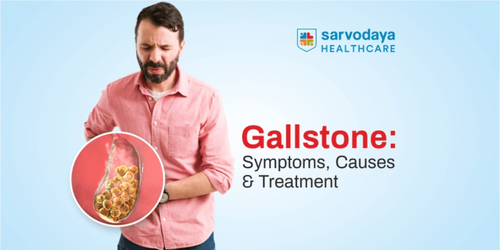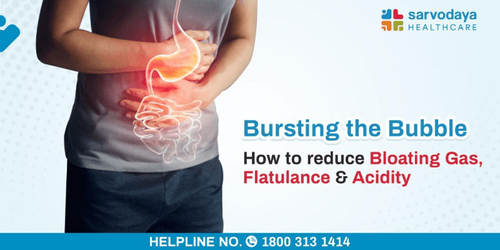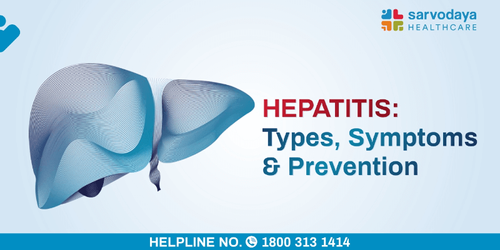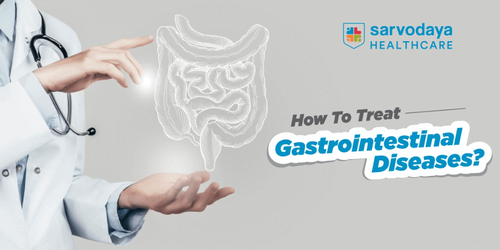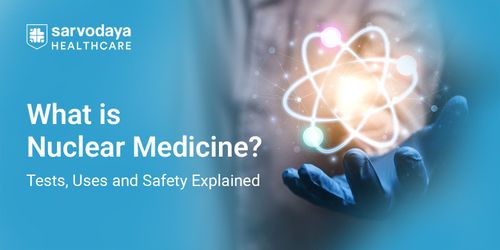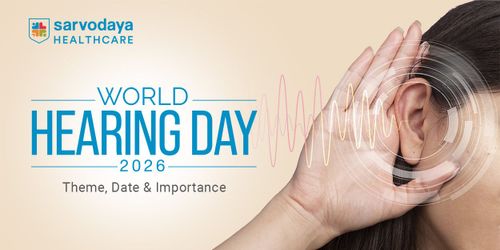It’s a common myth that only alcoholics suffer from liver cirrhosis, but actually the causes of liver damage are far more varied than getting drunk.
Liver cirrhosis is a slow and restrained replacement of healthy liver tissue with scar tissue which results in deficient liver function and obstruction in blood flow. As more scar tissue replaces healthy ones, the liver begins to fail.
What Causes Cirrhosis?
Common causes of liver cirrhosis are:
- Alcohol: Those who consume alcohol for long and in abundance are more prone to develop liver damage.
- Hepatitis B or Hepatitis C: Acquired by direct contact with contaminated blood (like needle stick injury, blood transfusion, injection drug abuser), sexual contact with an infected person and from mother to child during childbirth.
- Non-alcoholic fatty liver disease (NAFLD): Presence of extra fat in liver causes inflammation and scarring leading to cirrhosis. It is usually seen in patients who are obese, having diabetes, high fat in blood, high blood pressure, or metabolic syndrome.
- Certain Drugs causing liver damage
- Others: Autoimmune hepatitis (body’s own immunity acting against liver), Wilson disease (buildup of copper in body), hemochromatosis (excess of iron in body), certain bile duct disorders, etc. and in certain cases there is no cause found
What Are The Symptoms Of Cirrhosis?
Early-stage can be associated with non-specific symptoms like weakness, fatigue, reduced appetite, vomiting or nausea, weight loss, etc.
Advanced-stage can be associated with fluid accumulation in legs (edema) or abdomen (ascites), facial puffiness, yellowish discoloration of eyes or urine (jaundice), redness of palm (palmer erythema), decreased urination, red lesions on skin, bleeding followed by trauma, bleeding from mouth/anus/other body site, black feaces, mental confusion, flapping tremors of hand, etc. In men, it can cause impotence, breast enlargement and shrinking of testis.
What Are The Complications Of Cirrhosis?
- Portal Hypertension is a common complication of cirrhosis which is due to increased pressure in portal vein. Portal vein is main blood vessel which carries blood to liver from stomach, intestines, spleen, gall bladder and pancreas. Due to scar formation in liver, the normal blood flow to liver is interfered. As a result, there are few complications which can arise like accumulation of fluid in abdomen and legs, formation of enlarged veins in food pipe, stomach, etc., enlargement of spleen, mental confusion or altered behavior, respiratory discomfort or decreased urine output
- Increased risk of infection because of immune system dysfunction
- Development of liver cancer (Hepatocelullar carcinoma)
- Easy brusibility or bleeding followed by light trauma
- Gall bladder stone formation
- Metabolic bone disease
![]() How Cirrhosis Is Diagnosed?
How Cirrhosis Is Diagnosed?
After going through the medical history and a detail physical examination, if cirrhosis is suspected, then one can be advised for tests like ultrasound abdomen, fibroscan/elastography, upper GI endoscopy and if required CT scan or MRI of abdomen or liver biopsy.
Abdomen ultrasound in cirrhosis may display coarse liver echotexture, nodular liver surface, dilated portal vein or collateral, enlarged spleen or abdominal fluid (ascites).
How To Prevent Cirrhosis?
Best way to avoid cirrhosis is to recognize the early symptoms, get timely diagnosed and treated.
Suggested lifestyle changes to keep liver healthy:
- Dietary modification: Eat healthy balanced diet. Avoid high-calorie food or drinks, saturated fat, sugar, and redefined carbohydrates. Stay hydrated.
- Lifestyle modification: Maintain healthy body weight. Aerobic exercise (like brisk walk 30-45 min/day at least 5 days a week) regularly helps to lower liver fat.
- Avoid: One must avoid use of contaminated needles, sharing of personal hygiene equipment (like shaving razors, toothbrush, nail clippers, etc.), use of illicit drugs, self-medication.
- Practice safe & protected sex.
- Stop alcohol consumption.
- Maintain hand hygiene.
- Get vaccinated for Hepatitis A or Hepatitis B.
Treatment Of Liver Cirrhosis
Main aim of treatment during early stage of cirrhosis is to reduce the progression of cirrhosis and prevent complications.
Treating cause of cirrhosis: stop alcohol, antiviral drugs for hepatitis B or hepatitis C, proper sugar level if diabetic, steroid or other medications for autoimmune hepatitis, medications to reduce level of copper from body in patients suffering from Wilson’s disease, etc.
Treating complicated cirrhosis: drugs to lower portal pressure (beta-blocker or nitrates), drugs to remove fluid from body (diuretics), drugs to lower ammonia level for encephalopathy (lactulose and others), drugs to improve kidney function (albumin, terlipressin, and others)
Liver Transplant: If cirrhosis is life-threatening or other treatment of cirrhosis is ineffective.
At Sarvodaya Hospital, we have a specialized centre for Liver & Digestive Science delivering world-class treatment for problems related to Gastroenterology, Hepatology along with latest Endoscopy services. We also have the most advanced ultrasound machine that measures fibrosis and steatosis of liver – Fibroscan – preventing major liver diseases.



